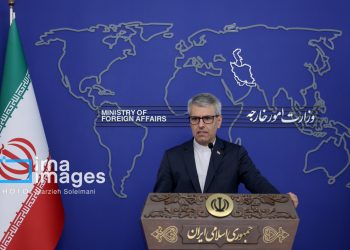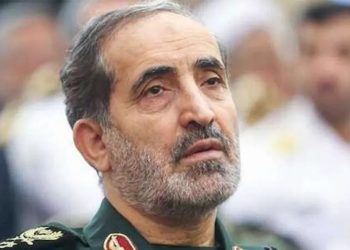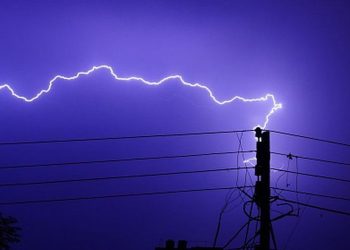CAIRO: Khaled Meshaal, tipped to be the new Hamas leader, became known around the world in 1997 after Israeli agents injected him with poison in a botched assassination attempt on a street outside his office in the Jordanian capital Amman.
The botched attempt on his life, orchestrated by Israeli Prime Minister Benjamin Netanyahu in retaliation for a Hamas-claimed bombing, significantly boosted his status.
Following the incident, Israel handed over an antidote for the poison used, as a condition from Jordan’s then-King Hussein, leading to Meshaal’s rise as a hero within the Palestinian resistance.
Meshaal, 68, became Hamas’ political leader in exile in 1996, enabling him to represent the group internationally. Throughout his tenure, he maintained a hardline stance against Israel, refusing a permanent peace deal but open to a temporary state solution.
Despite his strong ties to Iran, relations became strained after he supported the Sunni-led revolt against Syria’s Bashar al-Assad, a key ally of Iran.
After the death of Ismail Haniyeh, Meshaal is expected to assume the paramount leadership of Hamas, despite potential competition from figures like Khalil al-Hayya. Meshaal has lived much of his life outside the Palestinian territories, moving from Kuwait to Qatar and Syria.
His leadership has been marked by friction with Hamas’ Gaza-based leadership, particularly over attempts to reconcile with the Palestinian Authority. Despite internal and external challenges, Meshaal has remained a central figure in Hamas’ political landscape, continuing to influence the group’s direction and strategy.
































